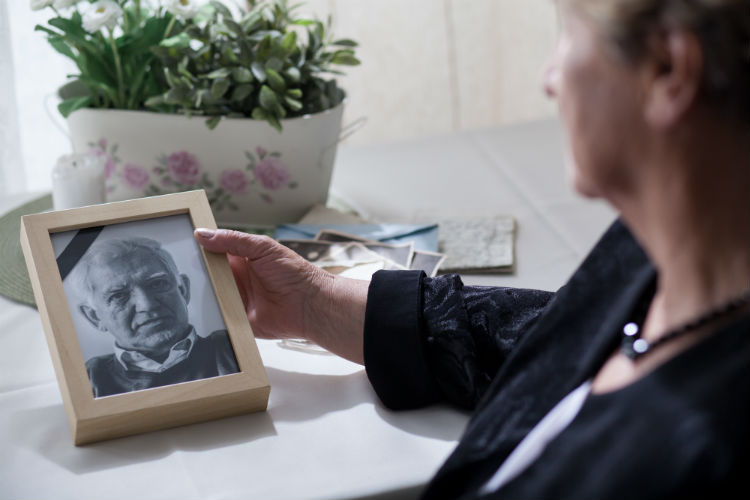The passing of a loved one is always stressful. Although death is something most of us would like to put off thinking about for as long as possible, planning for the inevitable can minimize the burden on grieving family members.
Often, family and friends are unsure of what a late loved one would have wanted their funeral or memorial service to be like and worry about making poor choices. Preplanning can help surviving loved ones make confident decisions regarding final arrangements and significantly reduce the number of difficulties that traditionally confront families following a loss.
Preplanning helps to answer questions like:
- Did she want a traditional funeral and burial?
- Didn't he say he wanted to be cremated?
- Should we have the service at the funeral home or a church?
- What funeral songs should be played?
Following a few important steps can clarify these questions and others, giving surviving family members a clear picture of what is expected of them following a loved one’s passing. Furthermore, weighing these considerations, communicating these decisions directly with family and putting them into writing will provide peace of mind that these instructions will be followed.
Step 1: Decide on the Type of Service
Deciding on a type of service is probably one of the biggest helps that a person can give their family members. Traditional services generally have a visitation (also known as a viewing or a wake) at a funeral home and a funeral service at the funeral home, the graveside or a church. However, funeral traditions are changing and have given way to more intimate, customized memorials. Funeral homes are responding to the demand for an assortment of personalized services. Since more options are available now, there are many more details to consider. Should the service be large or small? Will it be religious in nature? Are there any unique requests?
Another important element to discuss is body disposition. While this decision is notoriously broken into two options, burial or cremation, it is more complex than that. In the case of a burial, remains can be interred in the ground at a cemetery plot or interred above ground in a mausoleum crypt. There are even more options available for those who choose cremation. The main decision here is deciding what will be done with the ashes (also known as cremains). Will a member (or members) of the family keep the remains? Will they be buried, interred in a niche, which is like a mausoleum used for storing ashes, or will they be scattered at a special location or event?
Step 2: Shop Around
Don't think that the local funeral home is the only option for burial products and services. Investigating different providers is an important part of the planning process. After the type of ceremony has been determined, it is crucial to do some research to compare providers, their products and services, overall customer satisfaction, and pricing. Speak directly with the funeral director at each funeral home about all questions and concerns, and don’t forget to request a pricing list for both individual items and services as well as package deals.
The home you choose should be able to accommodate all requests.
Step 3: Understand Funding Options
While there are some financial benefits of prepaying for a funeral service, such as locking in current prices for products and services that will likely be more expensive in the future, advance funding is not required to create the funeral plan itself. Simply sharing a written record detailing one’s final wishes with family takes all the guesswork out of acting on those plans and relieves a great deal of pressure on those responsible for doing so. Work with a funeral professional to understand funding options and your state's particular laws and regulations that govern preneed funds. If prepaying is a possibility, be sure to select a funeral provider that guarantees the security of funds paid in advance.
Step 4: Choose a Funeral Home
After completing your research, it is time to choose a provider that is trustworthy, attentive, accommodating and within budget. Comfort is an important factor in this decision as well. Never feel uncomfortable about asking questions. A good funeral director understands this is a delicate and unfamiliar process for many people and should be able to make the experience as simple and reassuring as possible.
Regardless of whether a funeral is prepaid, planning it in advance ensures that the services coincide with what a person wanted for their final arrangements and relieves surviving loved ones of additional stress at an already trying time.

